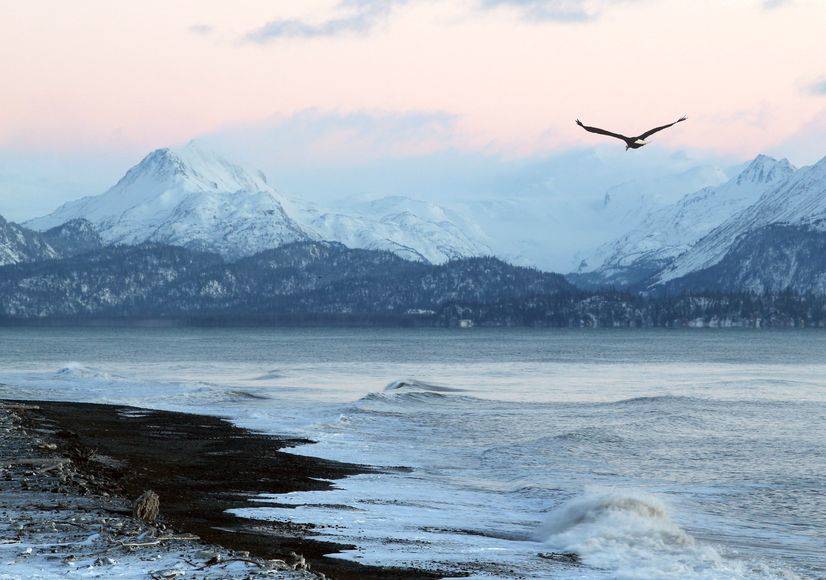Ennui envelopes me at this time every year. The hustle and bustle of the holidays is a memory. The delight of the first snow has turned into the reality that yes, the driveway is that long, steep, and hard to plow. Although the days are getting longer, night still falls quickly and remains too long. Like a sailor on a ship trapped in the doldrums, I seem stuck in place, no wind in my sails.
In the midst of this arrives Tu B’Shevat, beginning at sundown Jan. 30. Tu B’Shevat or the “birthday” of all fruit trees is a minor Jewish festival. In ancient times, it was merely a date on the calendar that helped Jewish farmers establish exactly when they should bring their fourth-year produce of fruit to the temple as offerings.
In modern times, Tu B’Shevat is an ancient Jewish connection to contemporary environmental issues, including an advocacy of responsible stewardship of God’s creation, manifested in ecological activism. For me personally, it is also a wakeup call to shake the lethargy. In the words of John Muir, “Keep close to Nature’s heart… and break clear away, once in a while, and climb a mountain or spend a week in the woods. Wash your spirit clean.”
In Alaska, in Juneau particularly, we are surrounded by some of the most awe-inspiring, rugged, beautiful, sensitive environments in the world. Our capital city was built literally in the middle of a rainforest. We have all experienced the physical, emotional, or spiritual healing that occurs from a walk on the beach, a hike along a wooded trail, a boat ride on the sun speckled channel, or a breathless climb to a mountain peak.
State and federal agencies ably manage much of the nature that surrounds us. The U.S. Forest Service oversees the Tongass National Forest. The state park system is present at the Eagle Beach Recreation Area. The U.S. Fish and Wildlife Service and the Alaska Department of Fish &Game monitor and safeguard healthy wildlife populations. All, along with other agencies, work together to ensure Alaska’s natural resources are protected.
This, however, does not absolve us from personal responsibility for our environment. We have been told to tread lightly, to pack in and pack out, to not litter, but what else can we do to be good stewards? One of the easiest ways is to become aware and informed of the management practices, issues, and concerns regarding our public lands and wildlife. Join a group that advocates for nature, such as Trout Unlimited, the Audubon Society, Alaska Geographic, the Nature Conservancy, the Ocean Conservancy, or countless others. This newspaper is a good and frequent source of information relating to environmental issues. When you read or learn of something that puzzles or concerns you, let your voice be heard. Contact the Forest Service or other resource managers, reach out to your elected officials, or write an opinion piece for the paper.
The Talmud tells the story of the sage Choni, who saw a man planting a carob tree. Choni asked, “How long will it take for this tree to bear fruit?” “Seventy years,” the man replied. Choni then asked, “Are you so healthy that you expect to live that length of time and eat its fruit?” The man answered, “I found a fruitful world because my ancestors planted it for me. Likewise, I am planting for my children.”
On this Tu B’Shevat, challenge yourself to become a steward. Our environment gives us so much; we take so much from it. We owe it our care and our advocacy — for ourselves and for future generations.
• Patricia Turner Custard is a congregant and board member of Congregation Sukkat Shalom. “Living & Growing” is a regular column written by different authors and submitted by local clergy and spiritual leaders.

